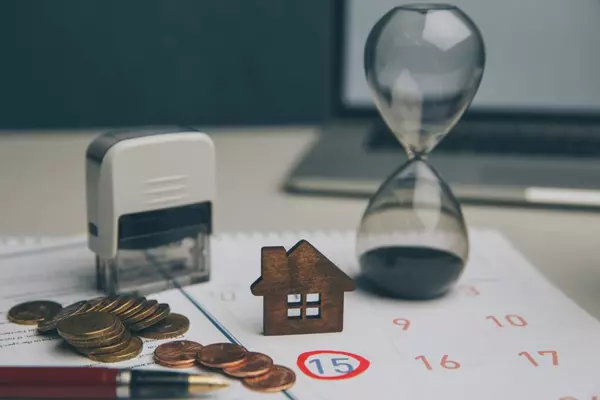How Homeownership Shields Against the Impacts of Inflation
Introduction
Inflation, the gradual increase in the prices of goods and services over time, can erode the purchasing power of your money. While its effects can be concerning for many, homeownership has proven to be a significant shield against the impacts of inflation. In this blog, we'll delve into how owning a home can provide a sense of financial security and resilience in the face of rising prices.
The Power of Real Assets
Understanding Inflation
Before we explore how homeownership combats inflation, it's important to grasp the concept of inflation itself. Inflation occurs when the general level of prices rises, resulting in a decrease in the purchasing power of money. This means that as inflation goes up, your dollar buys less than it did before.
Real Assets as a Hedge
Homeownership is an investment in a tangible real asset—your home. Unlike money sitting in a savings account, the value of your home tends to appreciate over time. Real assets, such as real estate, have historically been viewed as a hedge against inflation.
Appreciation of Real Estate
Home Value Appreciation
One of the most significant ways homeownership shields against inflation is through the appreciation of real estate. Over the long term, property values tend to rise. When the prices of goods and services increase due to inflation, the value of your home often follows suit. This means that your home can potentially increase in value, helping you maintain or even grow your wealth despite rising prices.
Fixed-Rate Mortgages Provide Stability
Fixed-Rate Mortgages
When you secure a fixed-rate mortgage, your monthly mortgage payment remains stable throughout the loan's term. While your rent as a tenant may rise with inflation, homeowners with fixed-rate mortgages enjoy predictable housing costs. This stability shields you from the volatility of housing expenses caused by inflation.
Home Equity as a Financial Buffer
Building Home Equity
As you make mortgage payments, you build equity in your home. Equity represents the portion of your home that you own outright. As your home's value appreciates and your mortgage balance decreases, your equity grows. This home equity can serve as a financial buffer during periods of inflation.
Leveraging Home Equity
In times of rising prices, you can tap into your home equity through various means, such as home equity loans or lines of credit. This provides you with a source of funds for necessary expenses without relying on loans with higher interest rates, which can be a helpful strategy to navigate inflation.
Property as a Tangible Asset
The Tangibility of Property
Another advantage of homeownership in combating inflation is the tangibility of the asset. Unlike investments in stocks or bonds, which may be affected by market fluctuations, your home is a physical asset. It's a place you can live in, and you have control over it. This sense of security can be especially comforting when economic uncertainties arise.
Conclusion
Inflation is an economic reality that can impact our financial well-being. However, homeownership offers a compelling defense against the effects of rising prices. By investing in real assets, benefiting from home value appreciation, securing fixed-rate mortgages, and building home equity, homeowners can enjoy greater financial stability and resilience in the face of inflation. If you're considering homeownership, it's important to consult with financial experts and explore your options to make the most of this valuable shield against inflation.
Categories
Recent Posts










GET MORE INFORMATION

REALTOR® | Lic# S.0178554.LLC
